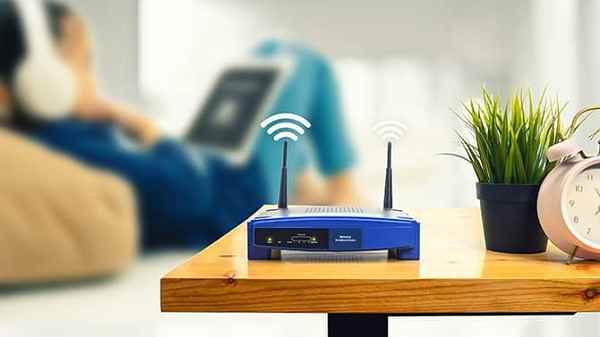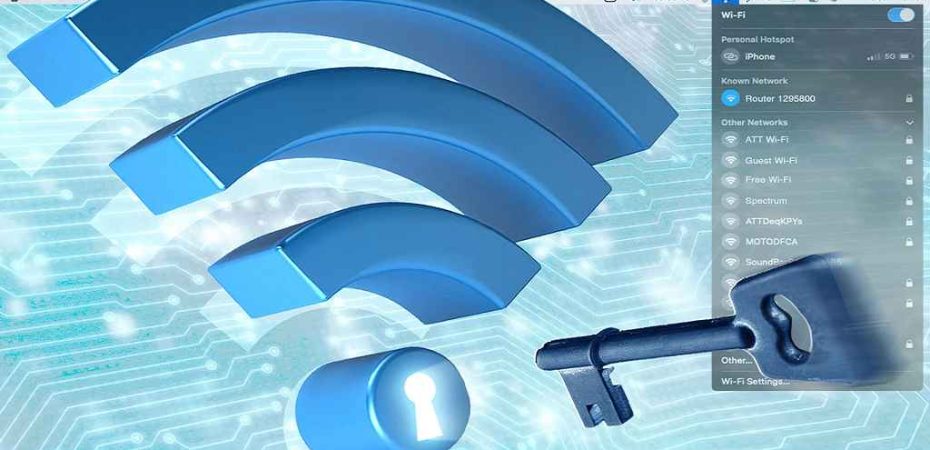In an era where connectivity is paramount, access to WiFi networks has become a necessity. However, there are instances where one might find themselves needing to access a WiFi network without the correct password. While ethical considerations and legal implications surround the topic, it’s crucial to understand the potential risks and vulnerabilities associated with WiFi networks. This article will explore the various methods employed by individuals to hack WiFi passwords, shedding light on the importance of securing your network against potential threats.
Understanding the Vulnerabilities

Identifying Weak Passwords
When delving into the world of WiFi hacking, understanding common human tendencies is key. Many users opt for easily guessable passwords, such as “password123” or their birthdates. Exploiting these predictable choices forms a significant part of WiFi password hacking strategies.
Exploiting Router Vulnerabilities
Routers, the gateway to WiFi networks, often harbor vulnerabilities that can be exploited. This section will delve into the technical aspects of router vulnerabilities and how hackers can leverage them to gain unauthorized access.
Exploring WiFi Hacking Tools
Utilizing Brute Force Attacks
One prevalent method involves using brute force attacks to crack WiFi passwords. This approach systematically tries every possible combination until the correct one is found. We’ll explore the tools hackers use for such attacks and ways to mitigate the risk.
Sniffing WiFi Packets
WiFi packets carry crucial information, including passwords. Skilled hackers can intercept and analyze these packets to extract the password. This section will elaborate on the techniques used in packet sniffing and the countermeasures to protect against it.
Social Engineering Tactics
Human psychology plays a significant role in WiFi password hacking. This section will shed light on social engineering tactics employed by hackers to manipulate individuals into revealing their passwords willingly.
Protecting Your WiFi Network

Strengthening Passwords
To fortify your WiFi network, it’s imperative to use strong and unique passwords. This section will provide practical tips on creating robust passwords that are less susceptible to hacking attempts.
Regularly Updating Router Firmware
Keeping your router’s firmware up to date is crucial for addressing potential vulnerabilities. We’ll discuss the importance of firmware updates and guide you on how to perform them securely.
Implementing Network Encryption
Enabling robust encryption protocols, such as WPA3, adds an extra layer of security to your WiFi network. This section will explain the significance of encryption and guide you on implementing it effectively.
The Ethical Implications
Addressing Legal and Ethical Concerns
Legal Consequences of WiFi Hacking
While the pursuit of knowledge is commendable, it’s crucial to recognize the legal consequences associated with unauthorized access to WiFi networks. This section will provide an overview of the potential legal ramifications and why ethical considerations should always be prioritized.
Conclusion
In conclusion, understanding the methods employed in hacking WiFi passwords is essential for both users and network administrators. By comprehending the vulnerabilities and learning about protective measures, individuals can contribute to creating a more secure online environment. Remember, knowledge comes with responsibility, and using this information for ethical purposes is paramount in today’s interconnected world.
Read also:
- AIOU Degree Tracking: How to Easily Monitor Your Academic Progress
- How to Calculate GPA: A Comprehensive Guide
- How to Screenshot on Laptop: A Step-by-Step Guide
- How to Record WhatsApp Calls
- Online Earning Games in Pakistan Without Investment
- How to Get JazzCash IBAN Number
- How to Hide Online Status on WhatsApp

